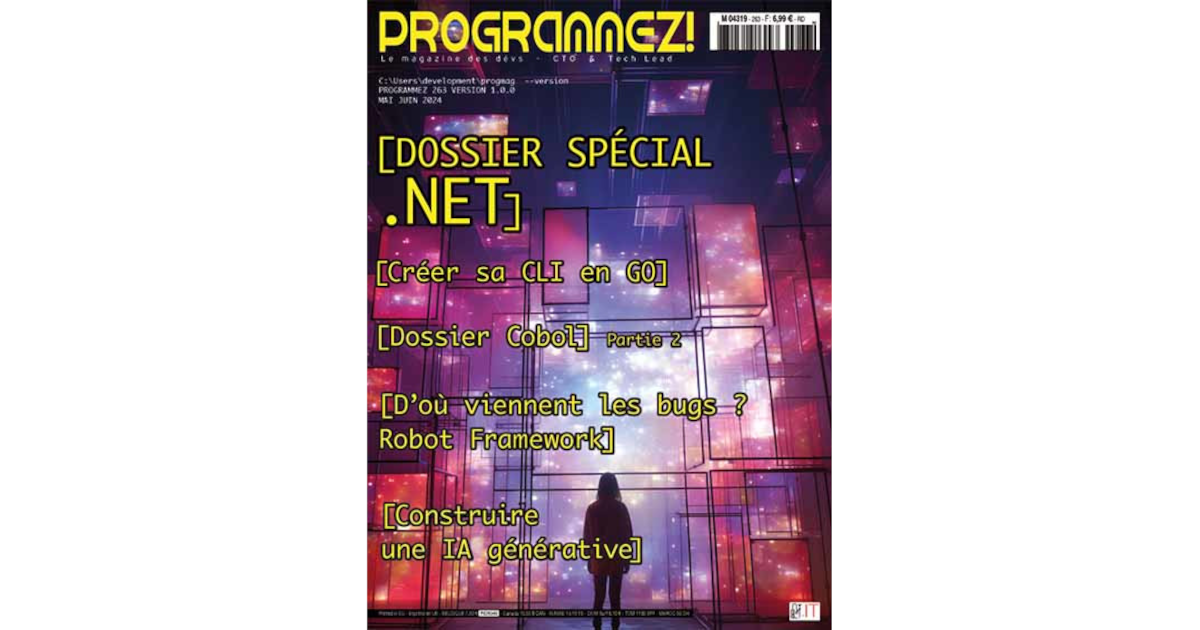These past few years, at OCamlPro, the COBOL-related workloads have progressively grown to considerable importance as our missions for the French DGFiP (Public Finances General Directorate) succeeded one another.
As our experts were gaining familiarity with one of the world’s oldest and most used programming languages to-this-day, COBOL, more than 60 years old and with hundreds of billions of lines of code, and counting, some obvious issues rose up.
Indeed, as they were wrapping their heads around the complex semantics of the
language and its specific compilation scheme inside of the GnuCOBOL
open-source compiler, needs for a drastic modernisation of the tooling were
noticed along with the lack of an out-of-the-box solution for helping companies
escape the clutches of an ecosystem plagued with lock-in-based economic
models upheld by a small roster of giant companies who thus have relative power
over critical COBOL legacy systems.
That’s as far as context goes. For all the details of this trip down the COBOL rabbit hole, you may want to read the article published by Programmez!, a famous French magazine that covers everything relating to languages and all aspects of programming.
Keep in mind that the article is written in French and you require to buy that specific copy of the magazine to read it!
